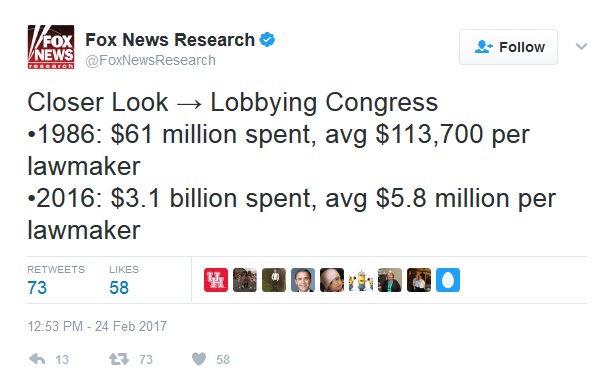Speaker Johnson Discusses Israel Support Bill and Looming Budget Deadline
Within the budget process there are two different facets. Congress is charged by the Constitution with making decisions about how to spend public money. Those spending decisions are split into two parts: authorization and appropriations. In the recent political era the “authorization” process has essentially been nulled; no one ever asks if the program (Ukraine, Israel, FBI, etc.) should be funded.
“Authorization” is done by Congress via legislation that “can establish, continue, or modify an agency, program, or activity for a fixed or indefinite period of time,” per the Congressional Research Service. In other words, authorization is Congress saying that money can be spent on a given item — not that it necessarily will be spent on that item.
“Appropriations” are done by Congress via legislation that authorizes agencies to make payments from the federal Treasury (i.e. it allows them to spend the money that had previously been authorized). Appropriations bills are ordinarily passed each year, but in recent years it has been common for Congress to fund the government “on autopilot” via continuing resolutions that simply allow agencies to continue spending the same amount of money they were spending under the previous funding bill.
Matt Gaetz has been trying to change this dynamic because the external recipients of the appropriation spending, the lobbyists, are the ones driving the continuation of the CR approach. The lobbyists pay congress via campaign donations. Those donations come from congressional appropriation. The CR process maintains the largesse.






Post a Comment